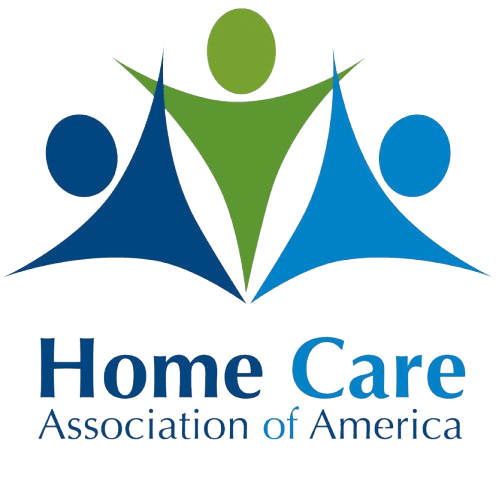If you’ve recently begun caring for an older adult with celiac disease, you may be uncertain how they are affected by it. You may know that people with celiac are adversely affected by gluten. But, what is gluten and what kinds of food is it found in? Knowing more can help you assist your older family member to stick to the right diet.
About Celiac Disease
Celiac disease is a condition that causes an immune response when the afflicted person eats food containing gluten. The immune response occurs in the small intestine. If the person continues to eat gluten, over time the disease damages the small intestine, making it difficult for the body to absorb the nutrients it needs.
Symptoms that may occur due to celiac disease include:
- Diarrhea.
- Fatigue.
- Constipation.
- Bloating.
- Gas.
- Pain in the abdomen.
- Nausea.
- Vomiting.
- Weight loss.
Which Foods Should Seniors with Celiac Disease Avoid?
Seniors with celiac disease need to eliminate gluten from their diet to avoid symptoms and damage to the intestine. Gluten is a kind of protein that is found in certain grains. Grains that contain gluten and should, therefore, be avoided are:
- Wheat.
- Rye.
- Barley.
- Triticale.
- Wheat berries.
- Spelt.
- Farina.
- Kamut.
- Farro
- Couscous.
Although oats don’t naturally contain gluten, they are sometimes contaminated with gluten by being processed in places where other grains are also processed.
The best way to avoid gluten is by learning to read ingredients labels on food packaging. Most bread products contain gluten and should be avoided. However, most grocery stores sell bread products that are made with alternative ingredients, such as rice flour.
Many foods that you may not expect to contain gluten do. For example, some condiments, such as salad dressings, barbecue sauce, and soy sauce have gluten in them. Even some beverages could pose a problem. Certain premade coffee drinks and drink mixes may contain gluten. Other foods whose labels must be read carefully include:
- Lunchmeats.
- Meat substitutes.
- Flavored tofu.
- Fried foods, including French fries.
- Candy bars.
- Processed cheese.
- Chips.
Elderly care providers can help your aging relative to follow a celiac friendly diet by preparing healthy meals that don’t contain gluten. Elderly care providers can also assist the senior to grocery shop and choose products that fit within their dietary guidelines. In addition, if the older adult takes medications to treat celiac disease or its symptoms, an elderly care provider can remind them to take their medications.
Sources
https://www.mayoclinic.org/diseases-conditions/celiac-disease/symptoms-causes/syc-20352220
https://www.everydayhealth.com/celiac-disease/guide/diet/
https://www.healthline.com/nutrition/gluten-food-list
If you or an aging loved-one is considering elderly care in Manteca, CA, please contact the caring staff at Provident Care Home Care today at (209) 578-1210.
- 6 Signs Your Senior Loved One May Need Home Care Assistance - May 9, 2025
- Provident Care Team – Bosses Day 2025 Tribute - May 6, 2025
- Five Activities Involving Music That Seniors Can Enjoy - May 2, 2025



